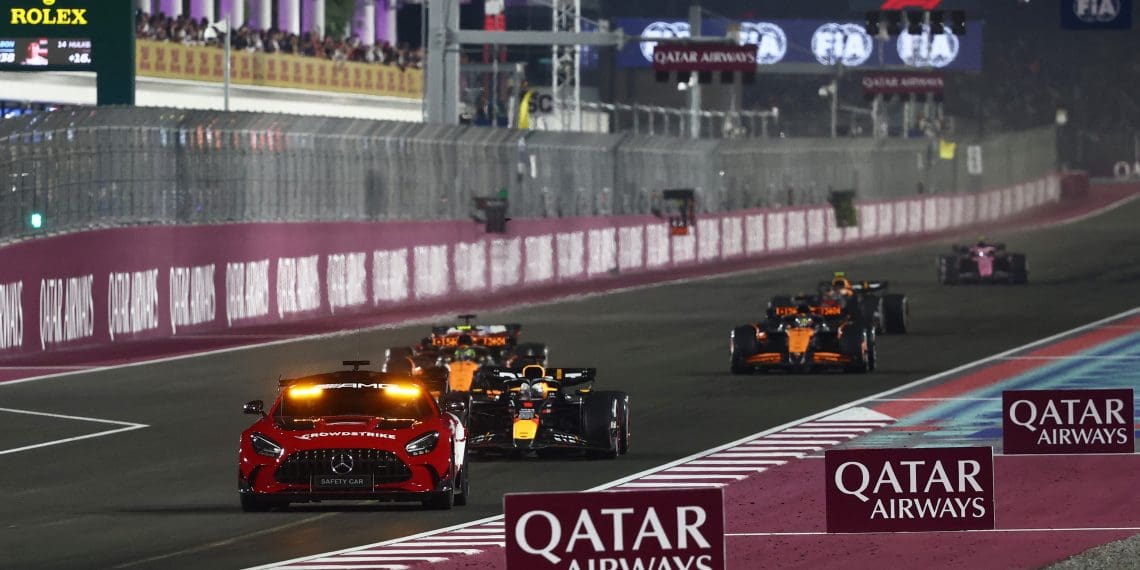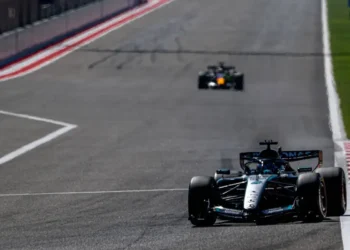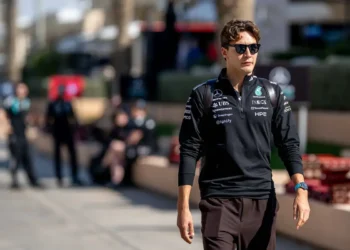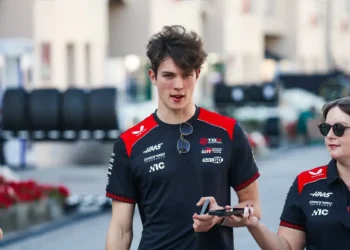1997 Formula 1 World Champion Jacques Villeneuve has weighed in on the sport’s shifting dynamics, asserting that Europe, once the heart of F1, is losing its prominence as the series expands into new and lucrative global markets. While European circuits remain fan favorites, Villeneuve believes financial realities and modern demands are reshaping the calendar—and the sport itself.
Europe’s fading influence
Villeneuve didn’t mince words when discussing Europe’s diminishing status in F1. “There’s too many races geographically which are very close to each other. Europe is not a big moneymaker for Formula 1 anymore,” Villeneuve stated, highlighting that the sport’s future lies in markets like the Middle East, North America, and Asia.
The packed calendar leaves little room for traditional venues. Villeneuve noted the tension between preserving F1’s history and pursuing financial sustainability. “You cannot suddenly remove races from the Middle East, from the East, from North America… And you still need to go to Africa. So you need to open up some markets.”
Spa-Francorchamps: A track outgrown by modern F1
One of Europe’s most iconic circuits, Spa-Francorchamps, remains on the F1 calendar but faces challenges from modern car designs. Villeneuve criticized how technological advancements have diminished the legendary Belgian track’s character.
“Modern cars have outgrown the track. Corners like Eau Rouge and Blanchimont are no longer corners; they’re just dangerous,” Villeneuve said. “It’s a shame because it’s a beautiful track, but it becomes pointless to have a dangerous corner that doesn’t need to be driven.”
Villeneuve’s comments underscore the growing gap between the sport’s historical circuits and the capabilities of today’s high-downforce cars, which have made once-challenging corners almost trivial.
F1’s African ambitions
Villeneuve also highlighted the need for Formula 1 to expand further into Africa, a continent with a rich motorsport history but limited representation on the calendar. Cape Town has recently submitted a bid, reigniting hopes for F1’s return to South Africa.
“You probably need two races in Africa, and you need it somewhere else, somewhere in proper middle Africa,” Villeneuve said. However, he emphasized that hosting an F1 race requires more than just a racetrack. “F1 needs infrastructure—hotels, airports, everything around it. It’s a big ask.”
The uncertain future of traditional circuits
Villeneuve expressed concerns about several beloved European venues, including Zandvoort and Silverstone, as the sport’s evolving priorities threaten their long-term viability.
- Zandvoort: Villeneuve lamented rumors of its potential demise. “It’s bold, it’s amazing. It’s a great race, and it’s different. You need tracks that look and feel different. Modern tracks often feel redundant.”
- Silverstone: While acknowledging the importance of Silverstone, he cautioned that no circuit is irreplaceable. “We thought there would always be a German Grand Prix, always a French Grand Prix. Guess what? They’re expendable. Silverstone has the advantage of being close to 80% of the teams, which puts pressure to keep it on the calendar.”
Modern demands versus traditional charm
Villeneuve also pointed out that many older tracks struggle to meet Formula 1’s elevated expectations for hospitality and VIP experiences. “The issue often with the old venues is they’re not VIP enough,” he said. “F1 has made a step change with the crowds, the guests, with the hostelry, with the restaurants. Old-fashioned racetracks lack that.”
A sport in transition
Villeneuve’s observations reflect a sport grappling with its identity. As F1 continues to prioritize global expansion and profitability, the future of its traditional European heartland remains uncertain. For fans, the question is whether the sport can balance its roots with its ambitions—or whether the allure of new markets will leave some of its most beloved venues behind.










